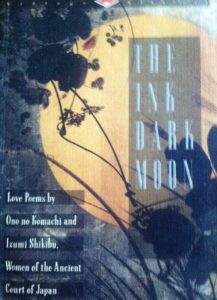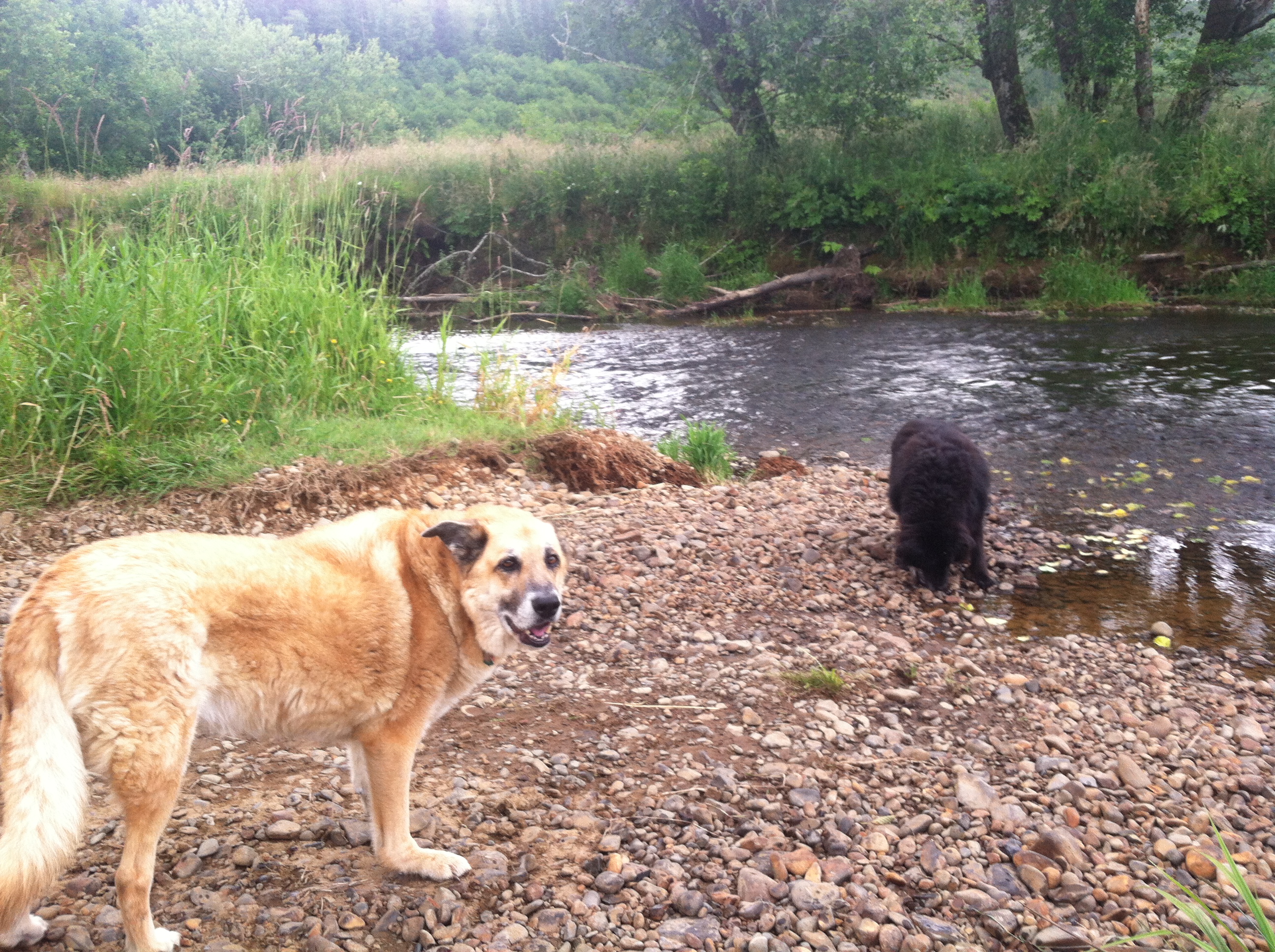Bonnie and Clyde Files 13
After three tries with various agencies, the man was ready to give up on securing an official identity for himself. Officially, he didn’t exist in the Unites States of America and wouldn’t for the foreseeable future even though he’s lived in the country of his birth his entire life and was a real person, Caucasian, roughly 45 years old.
There I was, in the probation office meeting room, looking at a man in the system forever but entirely disappeared from the system.
Have you ever sat across from someone who doesn’t exist and looked into their face for clues to existence? I have. I will never forget that faceless face. It was wracked with resignation, indifference and invisibility—A Total Giving Up Everything and No One is Noticing. The verb wracked typically isn’t employed in connection to the action of a faceless face registering resignation, indifference and invisibility. It is verb of stress and torment that patterns the face and contorts the body. What I saw on display in that room was a whole new way of wracked as a verb. Frankly, it was one of the most dispiriting things I ever witnessed in my life and I witnessed it from five feet away.
I was thinking of the American man who didn’t exist as I pulled into the Sanctuary. Bonnie barked and Clyde damn near busted down the gate to the back yard to get to me. You never forget welcomes like that. People should emulate those kind of welcomes every once and a while. Lose the decorum and go wild!
River time! From the land of sky blue waters, Tom McCall, rain, clearcuts and fake hatchery fish. Time for ablution after the probation office. I dropped off more donated items for the Sanctuary rummage sale and then the crew and I made our way to the river. I was tossing treats into the air like confetti and the old bank robbers were gobbling them up in near delirium. I did a little kick-up-the-heels jig in the pasture and gave thanks to these two old dogs and how they invigorate me. Where would I be without them?
We reached the river. Water skippers and swallows dominated the scene. It was hot, as in cracking-cold-Rainier-time-by-the-river hot. There was no breeze, no shade. We were dying out there; 64 degrees on the Oregon Coast is practically unbearable. I found a branch, tossed it into the current, and watched it float downstream. Bonnie and Clyde walked into the river to cool down.
They love the river. You can see it in how their faces change when they hit water. I supposed humans express a similar joy, unless they are being baptized in lukewarm tap water in front of an audience.
 I sat down on the bank and stared at the river. Tankas came to mind, as in the ancient form of Japanese poetry: five lines, 31 syllables. I’d recently run across a discarded book of tankas written by two female Japanese poets from the 11th century. The Ink Dark Room, a collection of love poems, was truly a revelation. I basically found pure love in a garbage can. I took the book home and read it one sitting while sipping sake and one phrase from the brilliant introduction shot straight through me: the tankas were written during, “A time when poetry was ubiquitous.”
I sat down on the bank and stared at the river. Tankas came to mind, as in the ancient form of Japanese poetry: five lines, 31 syllables. I’d recently run across a discarded book of tankas written by two female Japanese poets from the 11th century. The Ink Dark Room, a collection of love poems, was truly a revelation. I basically found pure love in a garbage can. I took the book home and read it one sitting while sipping sake and one phrase from the brilliant introduction shot straight through me: the tankas were written during, “A time when poetry was ubiquitous.”
That time of ubiquity, a far away, futuristic era, sounds like science fiction, and in fact, offers up an interesting premise for a literary-themed science fiction novel. Call it Time For Tankas or The Tanka Ubiquity. Everyone communicates in five-line, 31 syllable poems. Even the politicians and dogs. Then someone comes along, a Walt Whitman or Edna St Vincent Millay type, and wants three lines and 32 syllables. The world is upended.
Reading the tankas provided me with an astonishing and timeless clarity into matters of the human heart; they seem almost supernatural in their relevance today. These two women knew love and the loss of love like no other writers I have ever read. I might also add that one of them wrote 240 tankas to her departed lover! I’m only at 25 poems to my departed collaborator, but of course, I have a few more years to go.
I looked at the river. Clyde came over for treats and nosed my pants’ pocket. I decided to compose a tanka, the first of my life. I scribbled a few lines in my notebook, made some edits, and then read it aloud to the dogs. The Sanctuary’s first poetry reading!
Here it is:
What can dogs in a river do for you?
Fetch a frosty Rainier
from the water.
Now retrieve that can
before it floats away!
(If you found this post enjoyable, thought provoking or enlightening, please consider supporting a writer at work by making a financial contribution to this blog or by purchasing an NSP book.)

